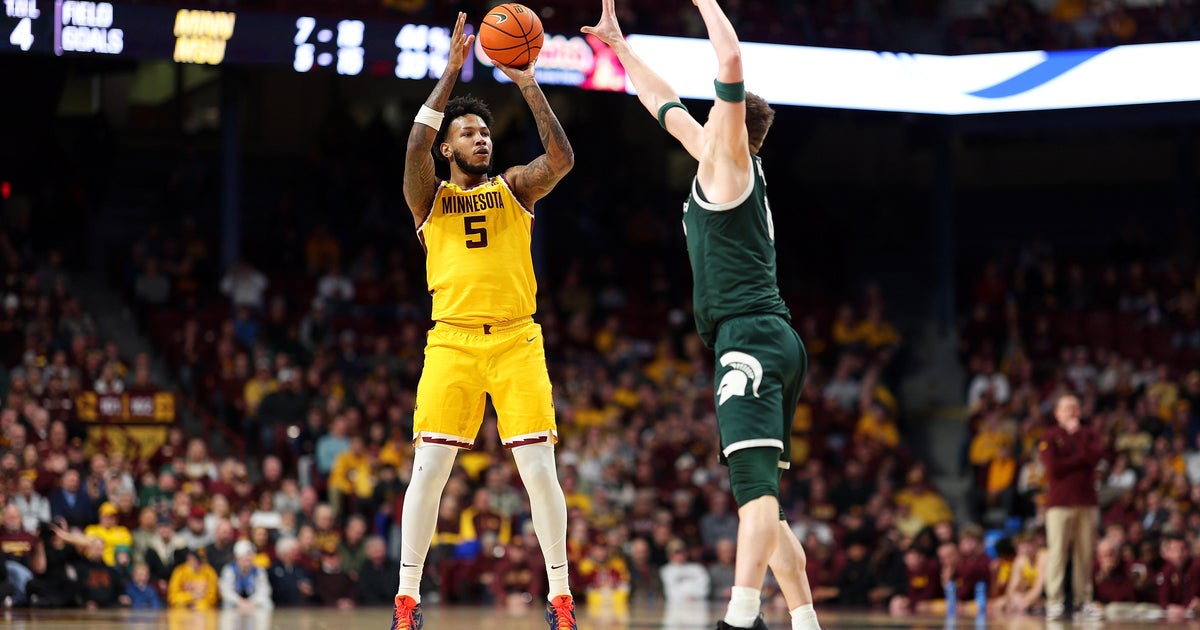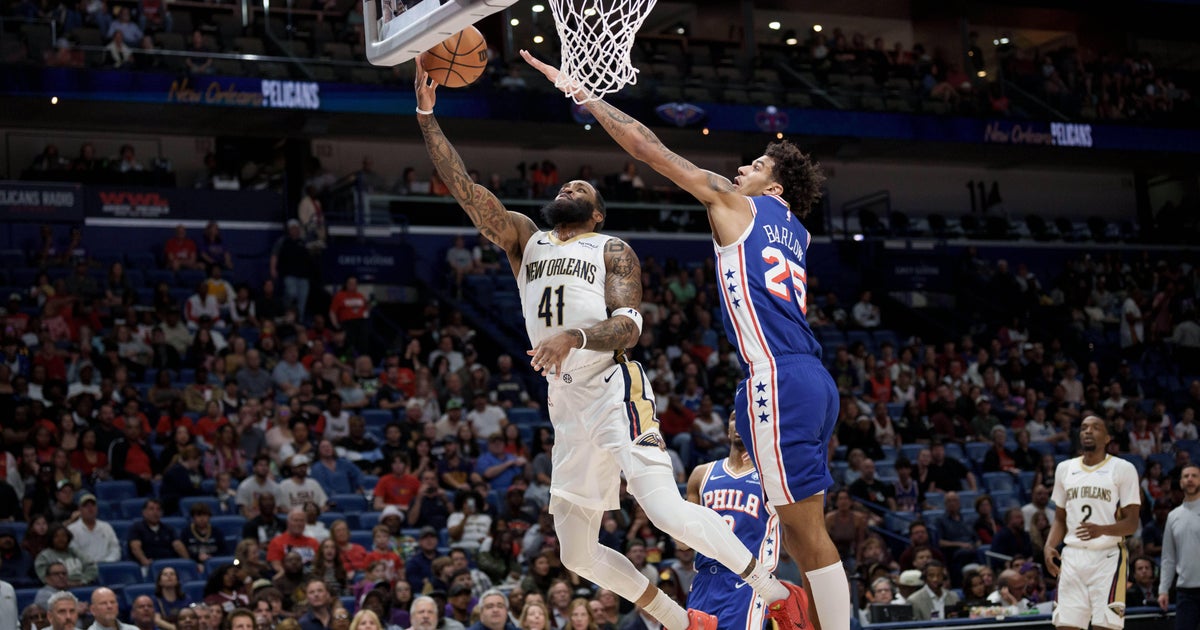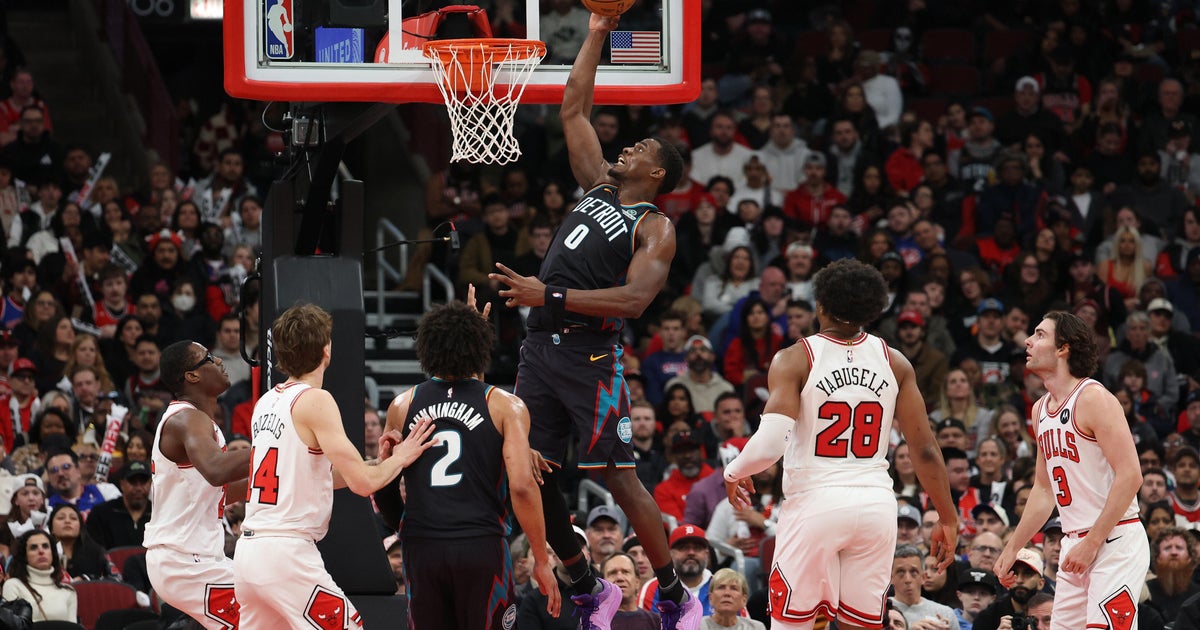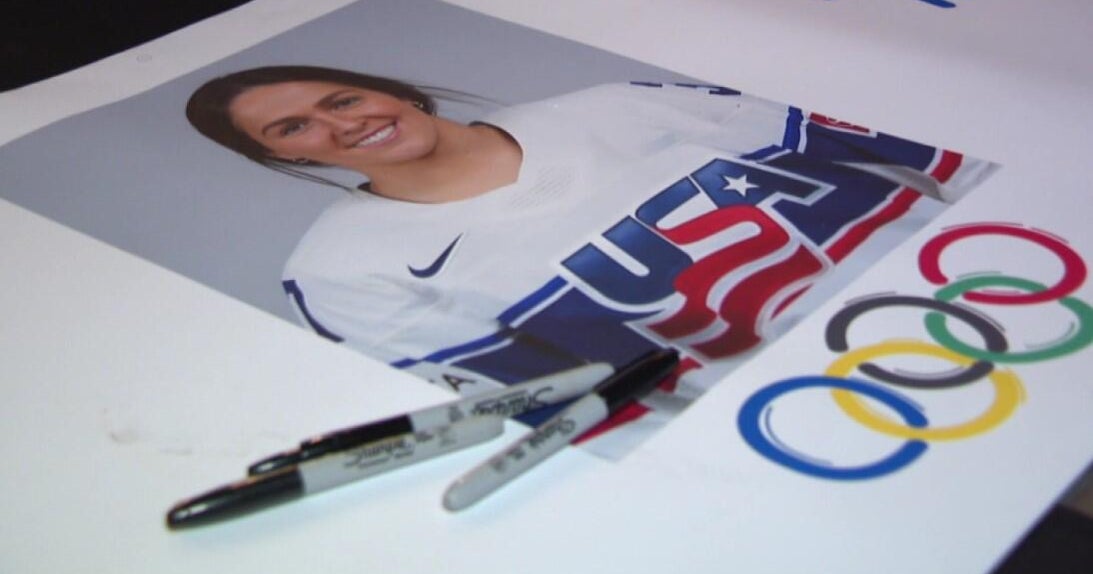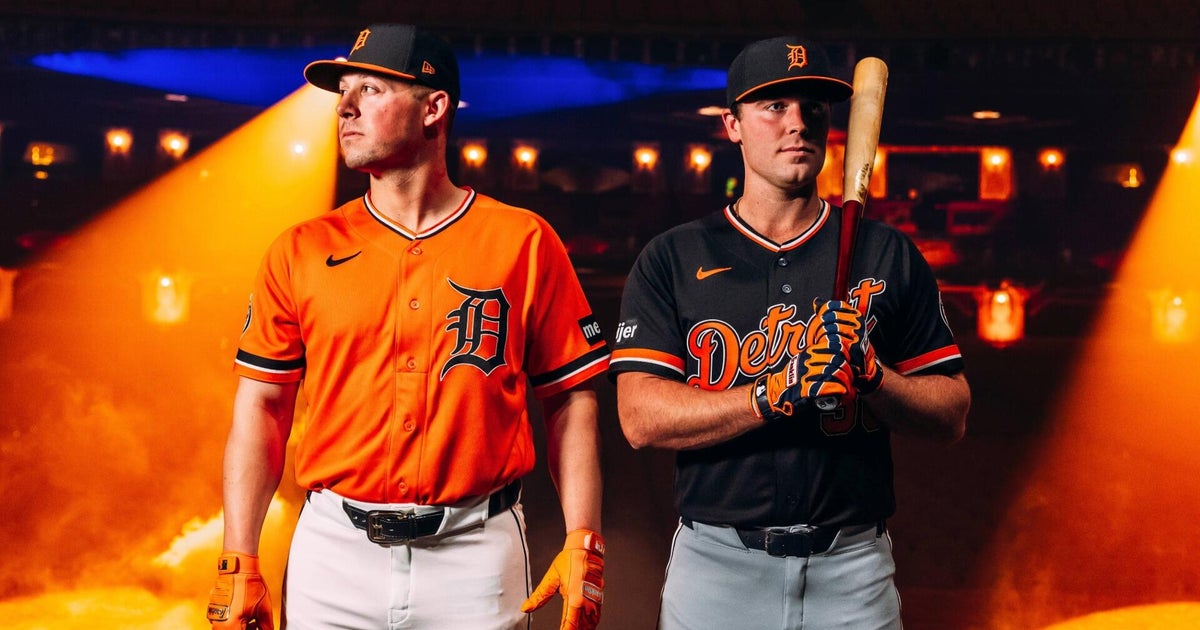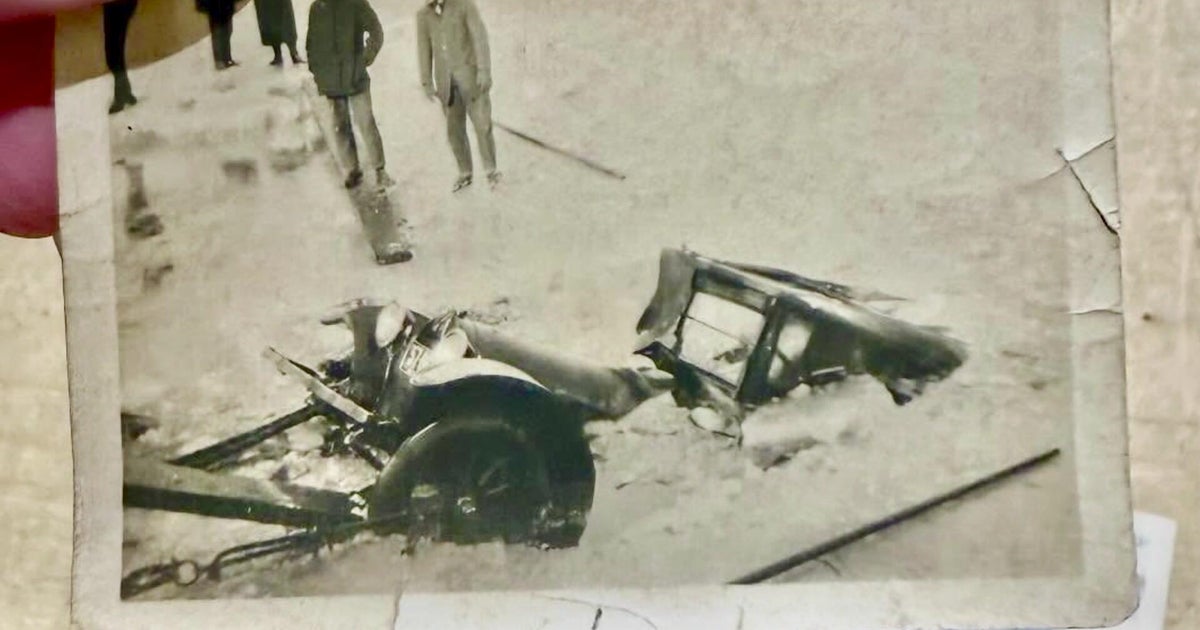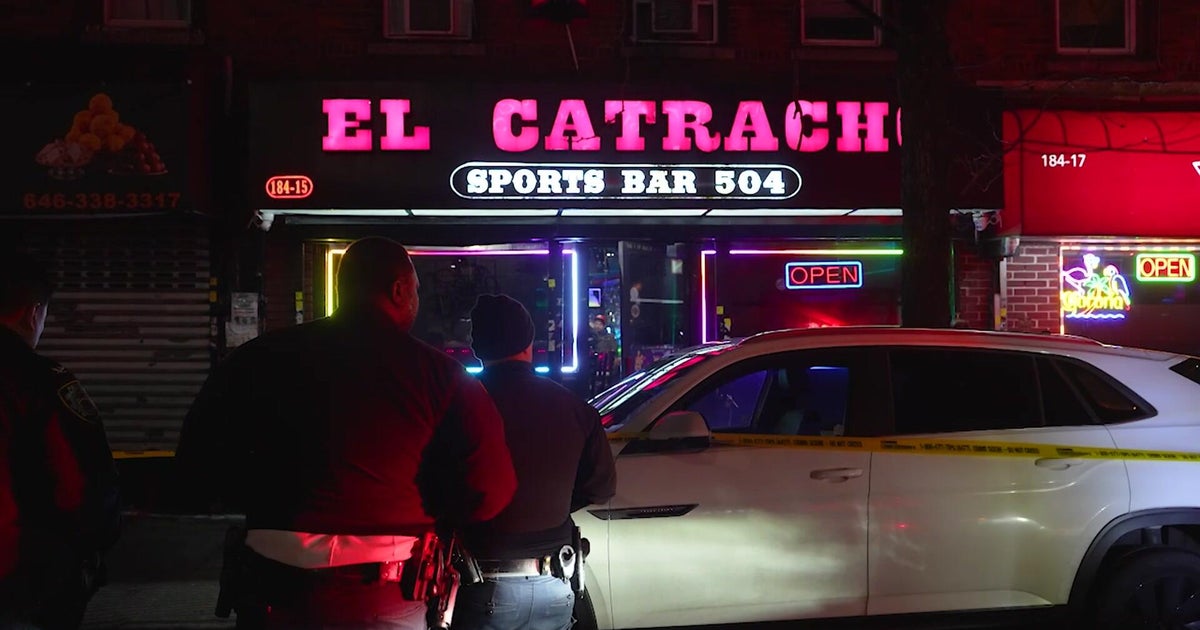Keidel: Three Cheers For The Champ, Muhammad Ali
By Jason Keidel
» More Columns
I took a somewhat circuitous route to WFAN, making my bones as a boxing writer around Y2K.
"What's boxing?" you ask.
It's a fair question. Boxing was once the preeminent sport in America. Along with baseball, it was the outhouse-to-penthouse parable that saw hobos mutate into Jack Dempsey and seemingly incurable convicts like Sonny Liston, Ron Lyle, and Bernard Hopkins find some form of redemption in the Sweet Science.
Nearly everyone I know has asked me what has happened to the fight game since. The sport has been relegated to the back alleys of the sports section (nestled between harness racing and water polo) and buried in the deep folds of the American psyche, usurped by team sports and MMA, UFC, or whatever they call those caged assaults on cable television.
The primary problem for boxing – and perhaps an incurable malady – is that the best heavyweight plays linebacker in the NFL, shooting guard in the NBA, and first base in MLB. You'll notice the few, minted fighters left are smaller, specifically Floyd Mayweather, Jr. and Manny Pacquiao, because there's no demand for 140-pound men to play power forward for the Knicks.
The new sporting landscape is quite understandable. Why get your cranium crushed for all kinds of cash when you can play basketball, make the same coin and keep your brain cells in their intended order?
Like any sport, boxing can only resonate with eminent performances from preeminent performers. And while Mike Tyson kept the sport important for a decade, boxing was never right after Ali left, much the way basketball collectively sagged after Jordan retired. And there was no bigger avatar of his time than Muhammad Ali.
Three cheers for the Champ, The Greatest, who turned 70 yesterday. And when a member of 20th Century's Mt. Rushmore enters a new decade in a transcendent life, it warrants a trot down memory lane.
It took some time, but after America began to whack its way through myopia, bigotry, and oppression, Ali became a crucial face and voice of the civil rights movement, particularly after the deaths of Martin Luther King and Malcolm X. Fitting indeed that Ali's birthday was buttressed against King's death.
Ali morphed from loathed to loved by the time the Supreme Court reinstated his license to box in 1970, and would quickly become the most recognizable man on Earth, making pit stops in Europe, Asia, Africa, and, of course, America on his two-decade tour as boxing oracle, savant, comedian, converted Muslim, and emblem of a rebellious generation whose ability to express himself through his craft – his jab alone stands as an art form nonpareil – makes him as vibrant and vital as any advocate spawned by the 1960s.
It took years for not only the masses and media to acknowledge his new name, converted from Cassius Clay to his now-legendary Islamic surname, but also his opponents and peers. Indeed, Ali, my greatest hero after my father, had a savage streak largely cloaked by his charm and ignored by the blinded fans (like me) who were incapable of seeing him through an objective lens.
But before Joe Frazier became the Ali's semantic dartboard and chief ring rival, Ali literally tortured Floyd Patterson and Ernie Terrell because each fighter refused to call him by his new, preferred name. "What's my name?" Ali shouted at both fighters as he peppered them with jabs and pounded them with rights. The Patterson bout in 1965 was alarmingly brutal. The aggregate drum of jabs, uppercuts, and right-crosses, caused Patterson to drop to a knee in round six. And rather than finish off the battered, broken former champion, Ali taunted and tortured Patterson until the ref mercifully ended the bout six rounds later.
I probably know more about Muhammad Ali than all of you – combined. (That doesn't make me smart, mind you, just obsessed.) I know the trivia and the trivial. I know when and where he was born (January 17, 1942, in Louisville, KY). I know his first pro opponent (Tunney Hunsaker). I know the first pro to knock him down (Henry Cooper, with a left hook in round 4). I know the legend who first trained him, was fired by him, then knocked out by him (Archie Moore). I know his penchant for picking derisive nicknames for his opponents. (Floyd Patterson was "The Rabbit," while George Chuvalo was "The Washerwoman.") I know his other penchant for picking the rounds in which he'd dispatch his opponent. He knocked out "Archie Moore in Four," just as predicted, and told radio commentator Steve Ellis in Miami on Feb. 25, 1964 that he'd KO Sonny Liston exactly as he did: in seven rounds. According to Cassius Clay (his name at the time) Liston "Wanted to go to Heaven, so I took him in seven." I know they fought the rematch in Maine because of death threats in Boston and that the fight was delayed because Ali had an appendectomy. I know he took his mistress to Manila in 1975 when he fought Joe Frazier then his furious wife flew over to set things straight. (I know a lot more, but that would only cause you to question my mental stability.)
Ali's former physician, Ferdie Pacheco, famously branded "The Fight Doctor," begged Ali to quit boxing after his third and final fight against Joe Frazier, a fight more renowned for its shocking barbarism than any fine fighting aesthetics. Of course, Ali didn't follow the good doctor's orders in 1975 and continued to fight another seven years, including that infamously vicious beating at the hands of Larry Holmes, who was once Ali's sparring partner and beat Ali because of the one physical edge no trainer, manager, or doctor can counter – age. Ali would have beaten Holmes with one hand had they fought in 1970 instead of 1980.
How do you celebrate the birthday of an immortal? His personal and professional orbit was so high even the most rabid Ali detractor could place him no lower than the second-best boxer in history (behind Sugar Ray Robinson) and one of the ten best athletes in any sport ever to break a sweat. He's the only man to legitimately win the heavyweight crown three times, and to KO Liston and George Foreman (and beat each a decade apart) when he had no business beating either, according to the experts. He fought Frazier three times, Ken Norton twice, Ernie Shavers, and Ron Lyle. Icons are gauged by their competition, and Ali fought all of his, to his detriment and divinity. Joyce Carol Oates brilliantly wrote that the good news for Ali was he discovered he had a great chin; and the bad news for Ali was that he discovered he had a great chin.
Unfortunately, we'll have to do the talking for him. One of the saddest sporting (and human) consequences is seeing Ali robbed of his most powerful and elegant vessel outside of his fists – his platinum tongue, which was caustic, comically poetic, and a social weapon he wielded on behalf of a black community that so desperately needed an influential, spiritual carpet on which to ride toward justice. Ali is now little more than a trembling shell of his former brilliance, a victim of Parkinson's syndrome and a lifetime of unblocked blows to his head.
Frazier called it karma. And he had every right to, as Ali painted Frazier in grotesque, stereotypical hues. Ali called Frazier an Uncle Tom and the White Man's champion despite the fact that Frazier was "blacker" than Ali by any reasonable measurement, both literally and the sum of his societal parts – a sharecropper's son in the segregated South who shared a shack with a dozen siblings and used an outhouse a football field away.
By contrast, Ali led a middle-class childhood when compared to Frazier's. Yet Smokin' Joe, the only American to win a gold medal in the 1964 Olympics, told me personally, about six months before he died, that winning that medal was the greatest achievement of his life; while Ali, sick of America's rampant racism, tossed his 1960 gold medal into the Ohio River. It was just one link in an long chain of differences between the two champions.
What do you remember about Ali? History and its timeless bards, from Homer to Shakespeare, have taught us that heroes are conflicted. And Muhammad Ali is no exception. I still kneel at the altar of Ali, knowing full well that while he's The Greatest, his greatness was often fueled by his faults. It turns out he's one of us.
Feel free to email me: keidel.jason@gmail.com
What's your favorite memory of Ali? Let Keidel know in the comments below...
